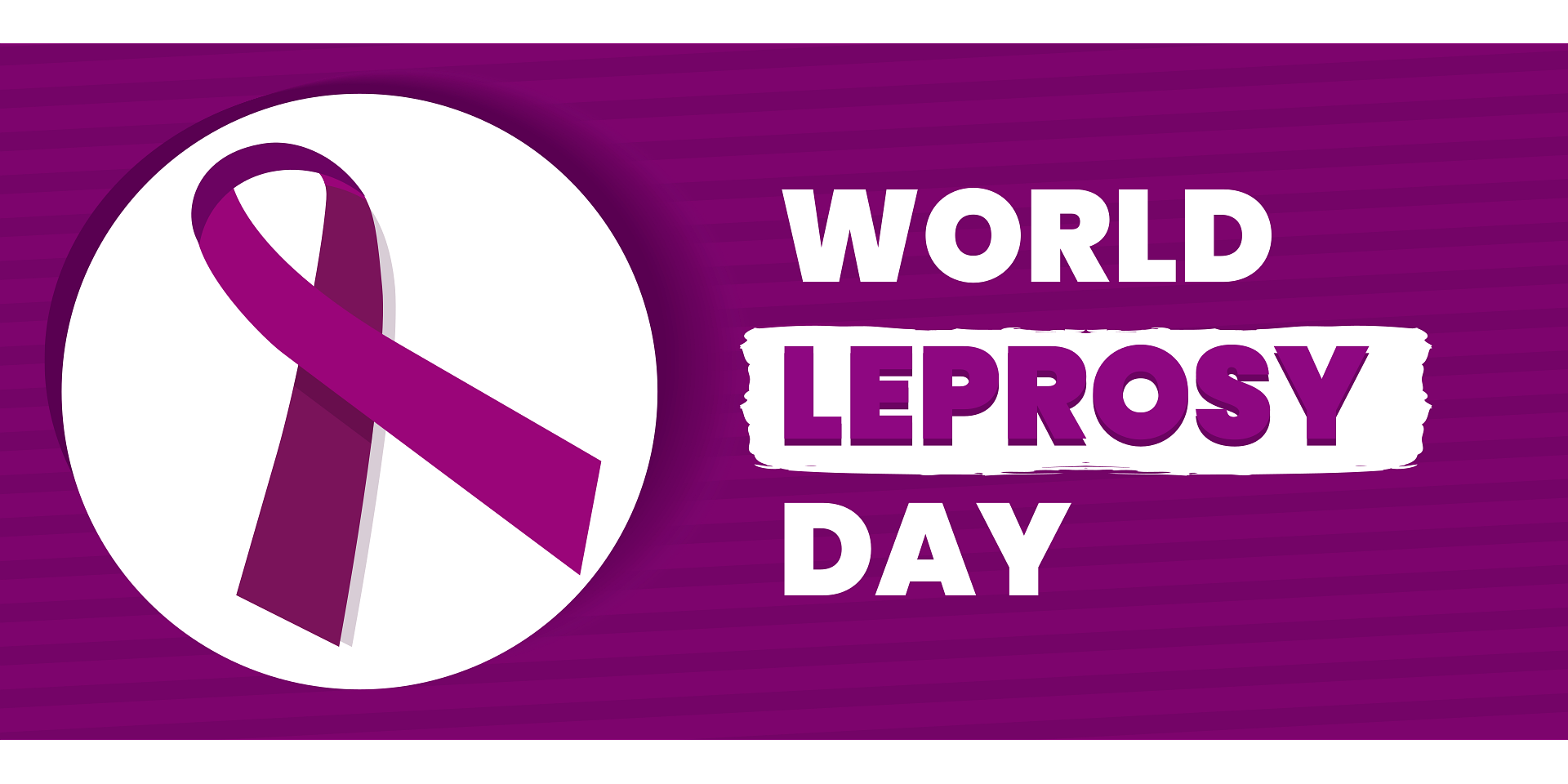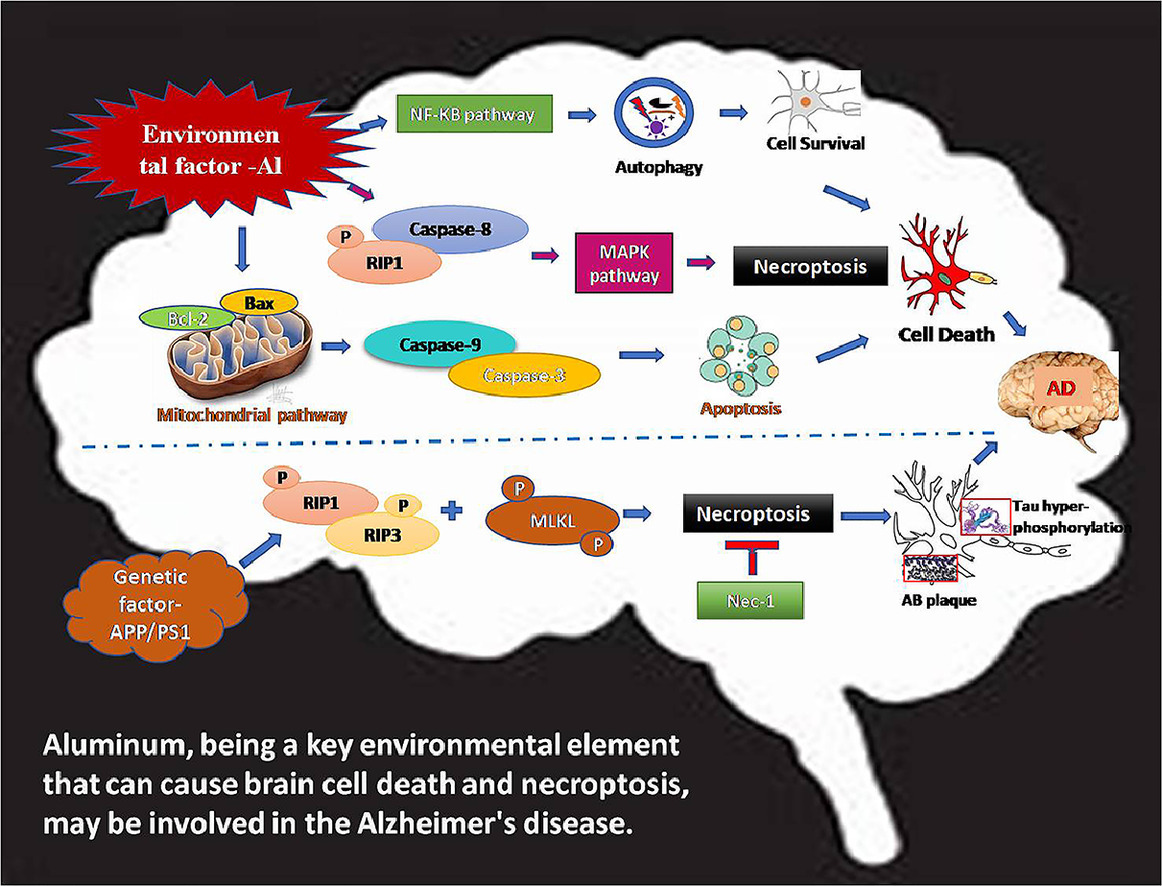2025's World Leprosy Day: A Unified Call for Dignity and Healing
Celebration and Recognition
World Leprosy Day is commemorated each year on the final Sunday of January, promoting worldwide unity in the battle against leprosy. On January 26th, 2025, this day will occur. In India, January 30th is an important event that is observed annually to pay tribute to Mahatma Gandhi's death anniversary. Gandhi was a strong supporter of the rights and respect for individuals stricken with leprosy.
The present article reviews the role of necroptosis, as a novel cell death pathway, in Aluminium-induced Alzheimer’s disease models in vitro and in vivo.
This Series of 2 papers in The Lancet Oncology addresses the urgent need to pay specific attention to the challenges and disparities faced by people with disabilities suffering from cancer. The authors highlight the need to improve the effectiveness and timeliness of cancer screening, diagnosis, treatment, and outcomes to provide more equitable cancer prevention and care.


